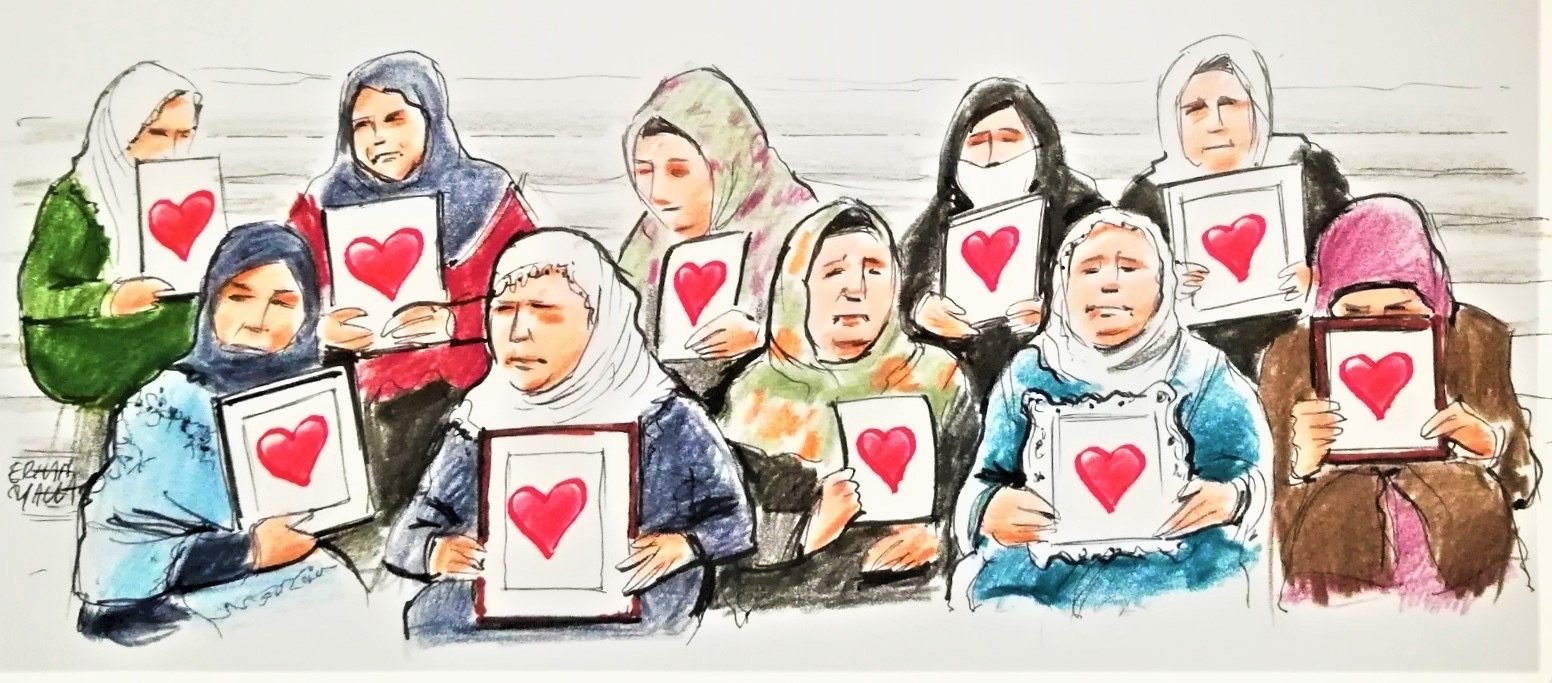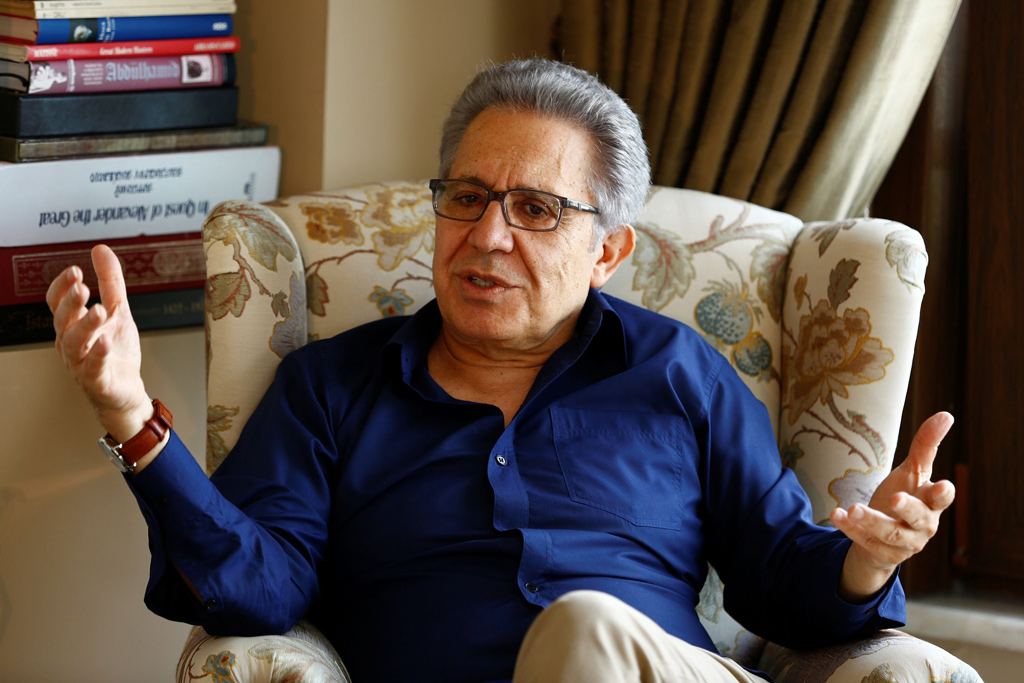With the local elections only weeks away, Turkey's political agenda seems to be more focused on general political subjects. We are occupied with political polarization, corruption allegations, fighting parallel state structures and the rise of religious discourse. It is possible to perceive the facts lying underneath these discussions as the growing pains of a new Turkey.
When looking from a broader perspective, the matter is more a discussion of where the country is headed. Our political culture and structures persistently fail to transform themselves.
Consequently, our political discussions cannot seem to free themselves from Kemalism and Third Worldism, which consist of two factors.
The first is our evaluation of political developments in terms of foreign plots. The second is our commitment to projects in designing politics.
These two factors keep enforcing our Third Worldism. The insistence on realizing projects by seizing state power has been imprinted in our political and social codes, and the only way to escape Third Worldism and to establish a democratic and strong political system is to transform these codes.
Our modernization period is full of savior projects. The Kemalist elite that built the new Turkey after the collapse of the Ottoman Empire also had a project. The mission to reach the level of modern civilization was designed as a top-down project. Eliminating the Islamists, liberals, leftists and Kurds who had been part of the coalition during the National Struggle, the Kemalists' project-oriented side foresaw the re-creation of politics, society and the individual.
The interventions by the hand of state institutions pushed everyone, from Kurds to religious groups, to the side of the opposition with the idea of seizing state power as a necessary design apparatus inculcated by the Kemalists.
After the transition to multi-party democracy, the Kemalists' struggle to protect the new regime built through Kemalist state institutions was strengthened via coups.
Kemalism created internal enemies by marginalizing its opponents and thus enabled the continuous regeneration of the legitimacy of the Kemalist project's presence. What is more important, however, was that opponents were turning into Kemalists as well. Different opposition ideological and political movements received their share of this mentality. Kemalism was quite successful in creating more of its own and there were no limits to what could be done for the sake of saving the country.
It is known how the desire to design politics through undemocratic means pushed leftist intellectuals into supporting the March 12, 1971 memorandum.
We witnessed how Kurdish nationalism regenerated the authoritarian and sudden characteristics of Kemalism it opposed. We have often discussed the reverse Kemalism of Islamic movements and intellectuals in their quest for projects. The path for an Islamic life went through overtaking the government as Kemalists did not grant religious segments the right to exist in institutional spheres.
The Islamists, who for a long time argued that democracy and Shariah could not coexist, were in truth also in search of a project.
The Islamists' refusal to give up their aim of transforming society through the state was frequently expressed in the 1990s.
The parties of the National Outlook Movement were accused of this and shut down. In other words, they were shut down based on the allegation that they had adopted Kemalist methods.
All social and political movements in Turkey face the predicament of trying to carry Turkey into a post-Kemalist era without becoming Kemalist themselves.
In the 2000s, the Justice and Development Party (AK Party) and the Gülen Movement came to the fore as the actors taking on this difficult task. Both come from traditions that long clashed with Kemalism and both created a discourse of integration with the world and r

Never-Ending Kemalism and Our Third Worldism
Consequently, our political discussions cannot seem to free themselves from Kemalism and Third Worldism, which consist of two factors.
Share
Tags »
Related Articles







